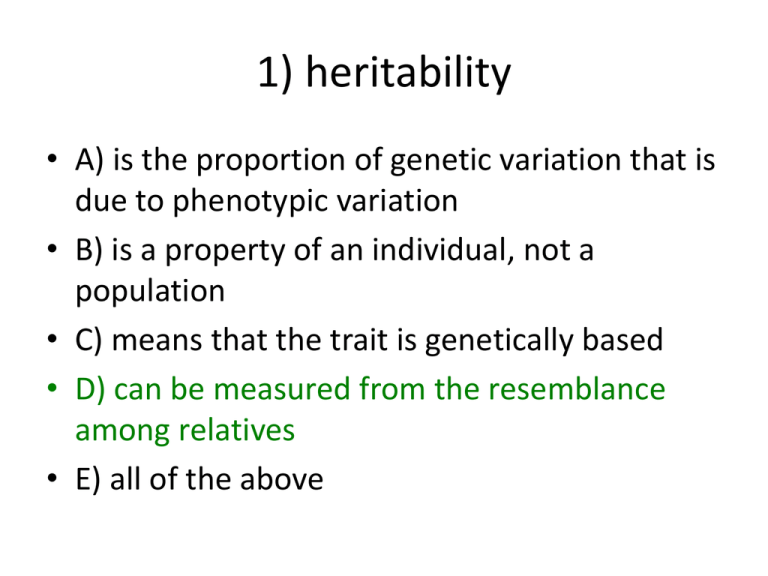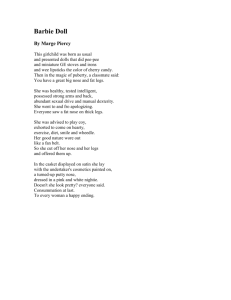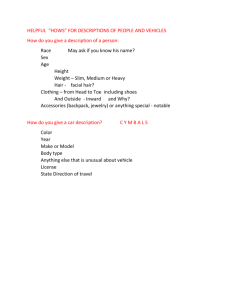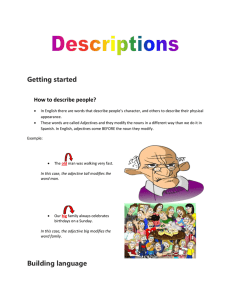ch9Qgenquizkey
advertisement

1) heritability • A) is the proportion of genetic variation that is due to phenotypic variation • B) is a property of an individual, not a population • C) means that the trait is genetically based • D) can be measured from the resemblance among relatives • E) all of the above 2) If R = h2S, and you measure selection on nose hair length to be S = -0.2 mm, and the heritability of nose hair length is known to be 0.5, then in one generation • A) nose hair length is predicted to increase by 0.1 mm • B) nose hair length is predicted to increase by 0.2 mm • C) nose hair length is predicted to decrease by 0.5 mm • D) nose hair length is predicted to decrease by 0.1 mm • E nose hair length is predicted to stay the same 3) If the slope of kids’ nose hair length on their parent’s average nose hair length is 0.8 • A) then the trait is inherited but is not heritable • B ) then the trait has a heritability of 0.2 • C) then the trait might show a response to selection • D) then most of the variation in nose hair length is due to the environment • E) then longer nose hair is favored 4) Most traits most of the time are • • • • • A) evolving rapidly B) under disruptive selection C) staying about the same D) under net stabilizing selection E) answers C and D above are both correct 5) Suppose you impose artificial selection on bunch of dumb cows to try to increase their milk production. You impose a selection differential of 8 quarts of milk per day, and the dumb cows in the next generation produce on average 4 quarts of milk per day more than the average cow in their parental population did • • • • A) milk production was not heritable B) heritability of milk production was 0.5 C) heritability of milk production was 1.0 D) the offspring generation was not genetically different from the parental population





